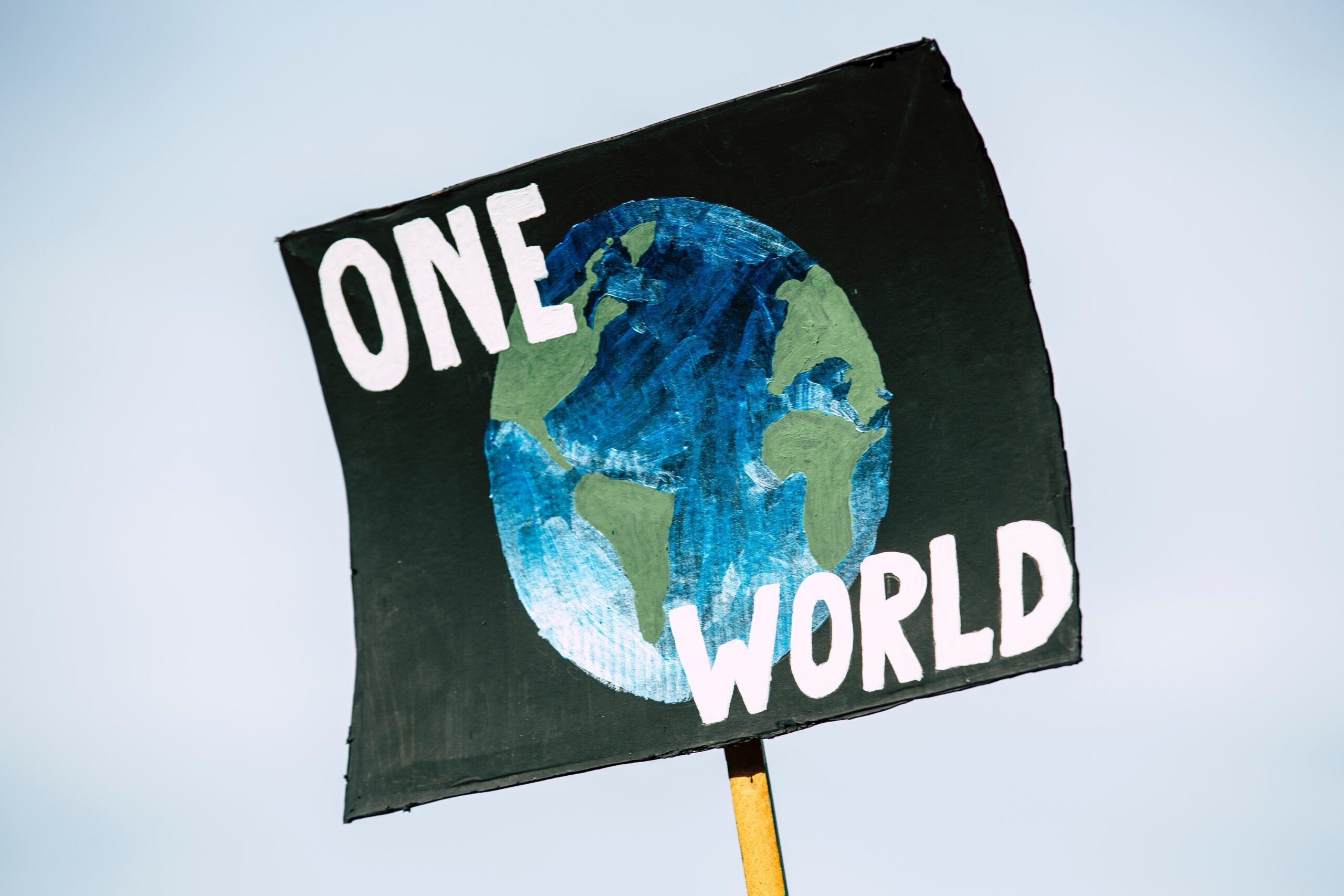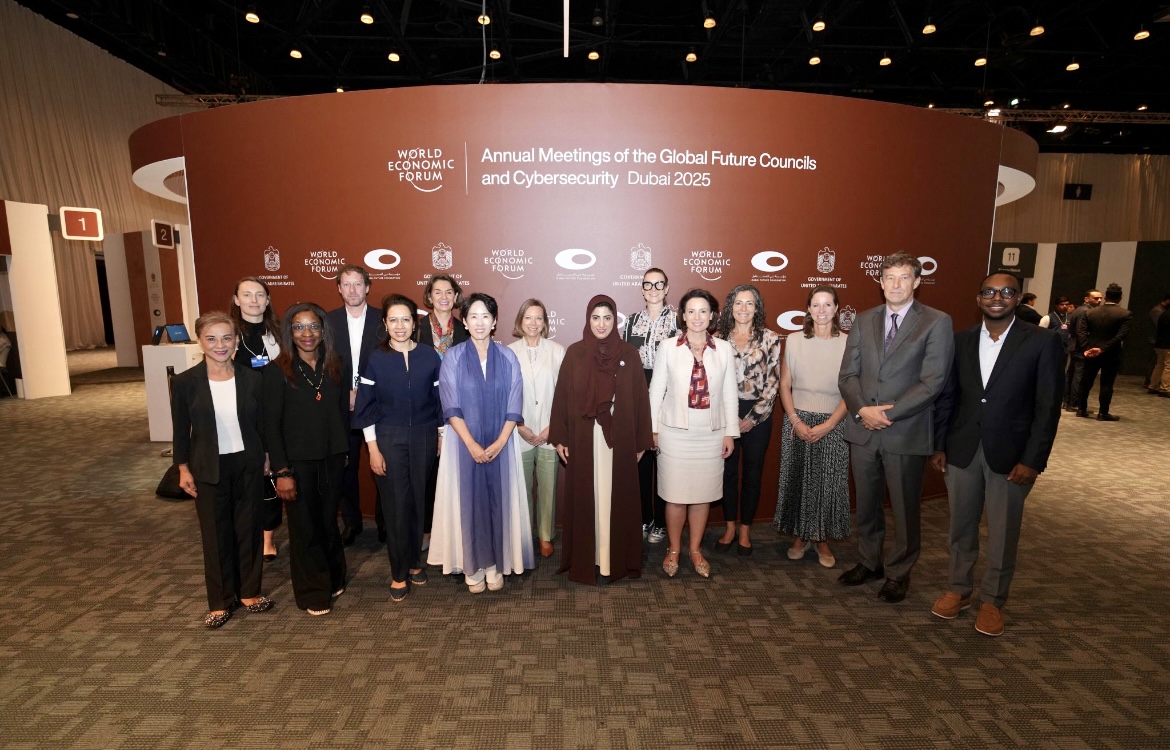
Climate Change is Everyone Business
The urgency of addressing the global catastrophe of climate change is growing as its severe effects become more obvious. The statement “Climate Change is Everyone’s Business” highlights the fact that every single person, group, and institution has a vital responsibility to play in reducing the consequences of climate change. It draws attention to the fact that everyone must act and cooperate in building a more sustainable future. We are going to discuss the relevance of this phrase and how it emphasizes the need for everyone to work together to address climate change in this blog post.
Understanding how climate change affects Somalia
The global climate index ND-GAIN indicates that Somalia is the second most climate-vulnerable country in the world and one of the least prepared to deal with climate challenges while being one of the countries with the lowest contributions to global greenhouse gas emissions. As a result of climate change, the nation is dealing with regular flooding and protracted droughts. These extreme weather occurrences, which have a detrimental effect on Somalia’s agriculture, livestock, food security, and general socioeconomic stability, are directly caused by climate change. The changing climate patterns exacerbate water scarcity, agricultural failures, and community vulnerability, posing serious obstacles to the nation’s development and welfare.
The Role of Individuals, Community Engagement and Corporate Responsibility
Individuals may actively support efforts to develop resilience and struggle against the effects that climate change is having on Somali communities. Towns and communities may combat climate change by first increasing public knowledge of the issue and its implications, which will encourage people to take action on their own and with others. It is important to include sustainable lifestyle habits, such as energy conservation, water conservation, and appropriate waste management, into everyday existence. People can also give priority to eco-friendly modes of transportation public transportation.
Additionally, individuals may participate in neighbourhood projects like urban greening and tree planting to lessen the effects of climate change and create a more resilient environment. In addition, people may actively contribute to reconstruction efforts during floods or periods of intense rainfall by helping with cleanup work, funding infrastructure repairs, and supporting the recuperation and reconstruction efforts of impacted areas. Through little steps like these, individuals help Somalia’s towns and cities become more resilient to climate change, lower greenhouse gas emissions, and more sustainable.
The role of government
It is crucial to think about what steps the government should take to successfully reduce and adapt to the effects of climate change now that we have acknowledged the important role they play in addressing it. The authority to enact laws and policies that have the potential to bring on systemic change is vested in governments. The creation and execution of comprehensive climate action plans that comply with international accords, including the Paris Agreement, should be given top priority by governments. To stimulate innovation in clean technology and sustainable practices, governments should also spend money on research and development. Projects that promote sustainable agriculture, renewable energy, and infrastructure robust to climate change may be funded and supported in this way. To tackle deforestation and protect essential ecosystems, governments should also play a major role in promoting sustainable land management techniques, such as afforestation and replanting initiatives. Additionally, funding for community-based adaptation projects, early warning systems, and disaster preparedness would all be beneficial additions to government efforts to strengthen climate resilience.
Conclusion
In conclusion, there is no debate that we are all concerned about climate change. Governments, communities, and individuals working together are essential to creating a resilient and sustainable future. Extreme weather occurrences in Somalia have revealed vulnerabilities, underscoring the need for resilience-building programs. No matter how modest, one person’s efforts may have a big impact. Examples of these activities include actively participating in community initiatives, adopting sustainable habits, and helping with post-disaster reconstruction. Comprehensive climate action plans, sustainable land management, and resource allocation for climate resilience must be given top priority by governments. We have to stress again how important it is for every person and organization to be involved in combating climate change. We urge readers to take up the cause of combating climate change, spread the word, and motivate others to do the same. Uniting against this climate crisis is







